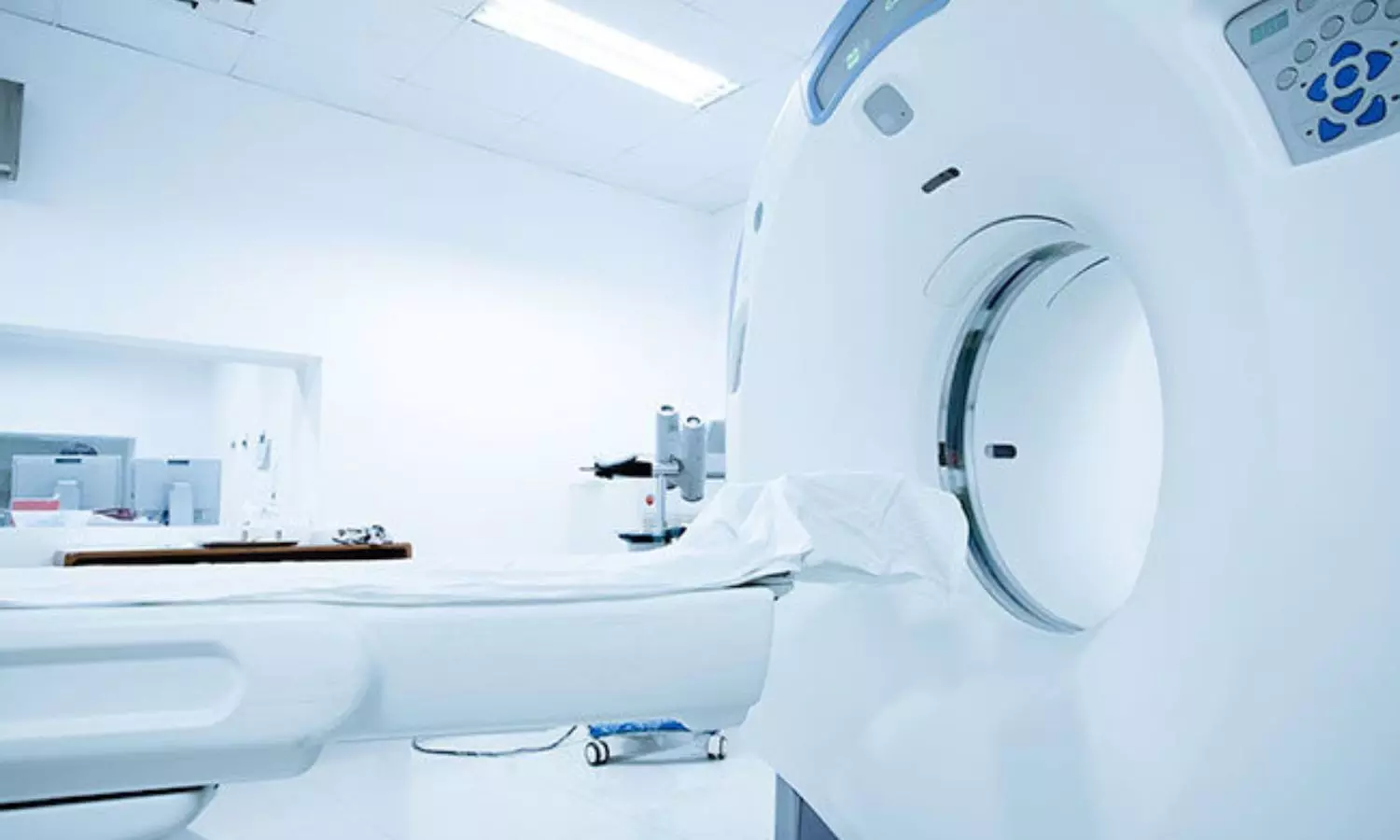Elevated Fibrinogen/Albumin Ratio Signals Higher Risk of Kidney Injury in CHF Patients Undergoing CAG: Study Finds

China: A recent study published in the Journal of Inflammation Research highlights the significance of the fibrinogen/albumin ratio (FAR) as an independent predictor for the development of contrast-induced acute kidney injury (CI-AKI) in patients with congestive heart failure (CHF). The findings suggest that FAR may serve as a simple yet effective biomarker for early risk stratification in this high-risk population.
Patients with congestive heart failure face a heightened risk of mortality and poor clinical outcomes, particularly when undergoing contrast-enhanced procedures. One significant complication is contrast-induced acute kidney injury, which can further impair renal function and worsen prognosis. While the fibrinogen/albumin ratio has emerged as a potential inflammatory marker, its association with the risk of CI-AKI or all-cause mortality in CHF patients has not been well established.
To address this gap, GuangHui Zhang, First Clinical Medical College, Guangdong Medical University, Zhanjiang, Guangdong, People’s Republic of China, and colleagues investigated the correlation between preoperative FAR levels and the occurrence of CI-AKI and overall mortality in individuals with CHF.
For this purpose, the researchers conducted a retrospective observational study involving CHF patients undergoing coronary angiography (CAG). The patients were categorized into groups based on their fibrinogen/albumin ratio (FAR) quartiles. To evaluate the relationship between FAR and clinical outcomes, the researchers employed multivariate logistic regression and restricted cubic spline (RCS) analyses.
The study revealed the following findings:
- The study included 7,235 CHF patients, with a mean age of 65.8 ± 11.7 years.
- Among the participants, 2,100 (29.0%) were female, and 1,094 (15.1%) developed CI-AKI.
- A non-linear relationship was observed between FAR and CI-AKI, with the risk of CI-AKI increasing as FAR increased.
- After adjusting for confounding variables, patients with FAR > 0.150 had the highest risk of CI-AKI (OR = 1.572).
- Multivariate COX proportional risk model revealed that patients with FAR > 0.150 had the highest risk of all-cause mortality (HR = 1.20).
The authors of this study concluded that the fibrinogen/albumin ratio is an independent risk factor for the occurrence of contrast-induced acute kidney injury in patients with congestive heart failure undergoing coronary angiography. They emphasized that assessing FAR before the procedure could help clinicians identify high-risk patients and implement strategies to prevent CI-AKI.
The study has several limitations, including its retrospective design, which may introduce biases. It did not assess blood viscosity indicators or specific CI-AKI biomarkers like cystatin C, NGAL, or KIM-1. Additionally, dynamic changes in FAR were not analyzed, and further research is needed to explore their impact on long-term renal function in CHF patients.
Reference:
Zhang G, Huang D, Chen J, Yang X, Ruan H, Huang X. Fibrinogen/Albumin Ratio is Associated with the Occurrence of Contrast-Induced Acute Kidney Injury in Patients with Congestive Heart Failure. J Inflamm Res. 2025;18:5149-5159. https://doi.org/10.2147/JIR.S507160


